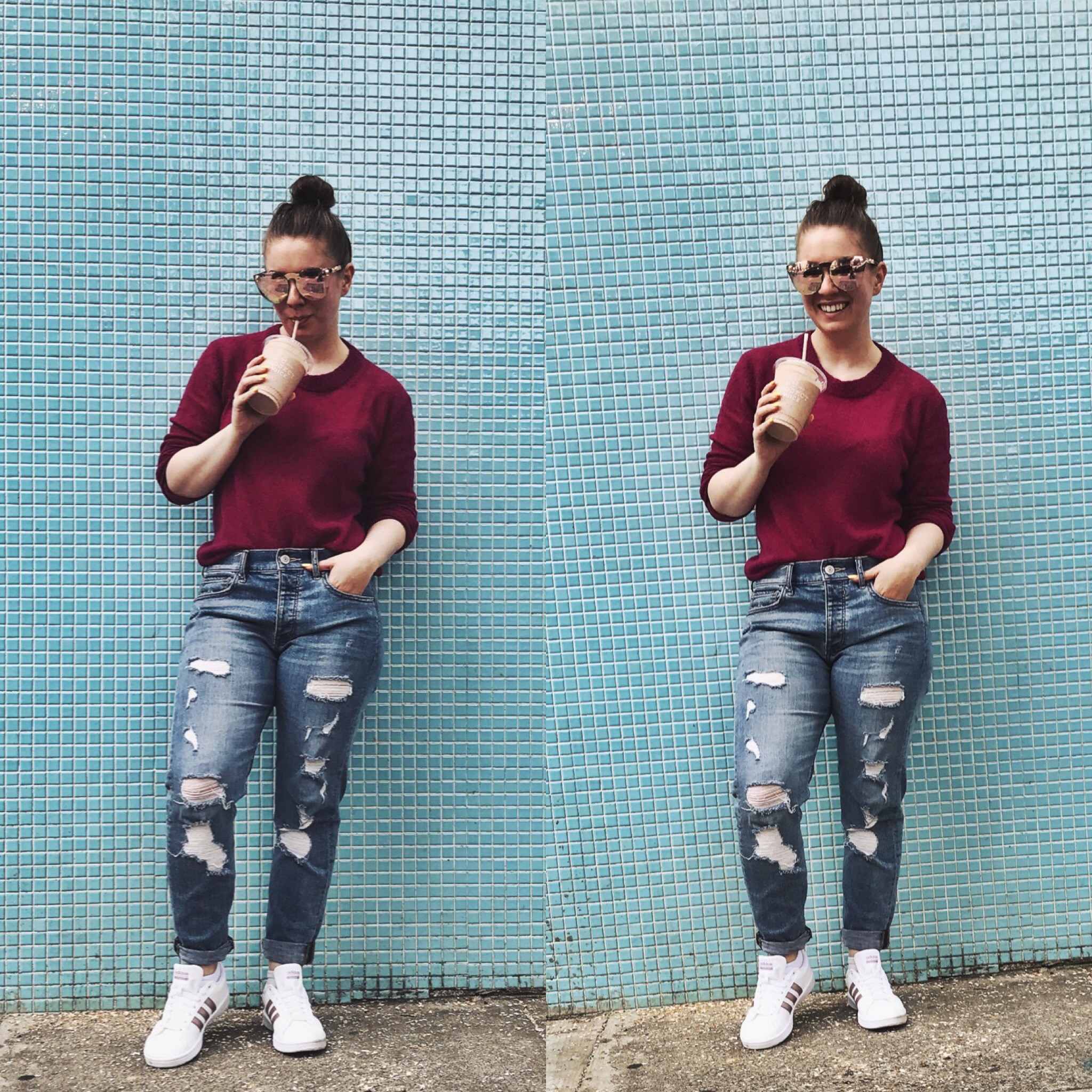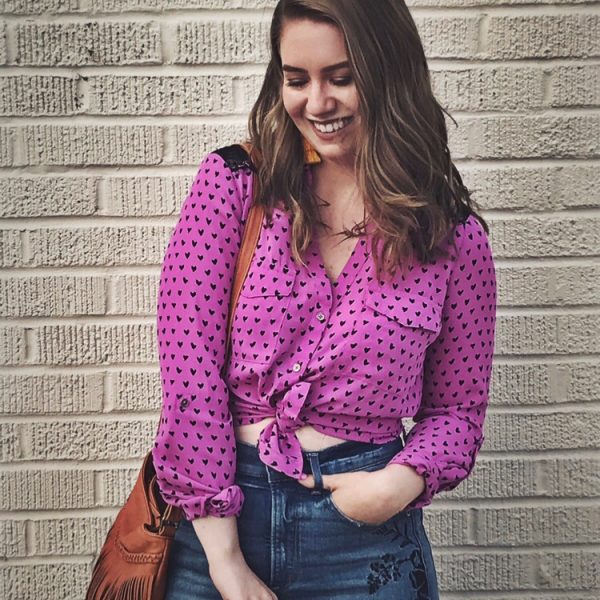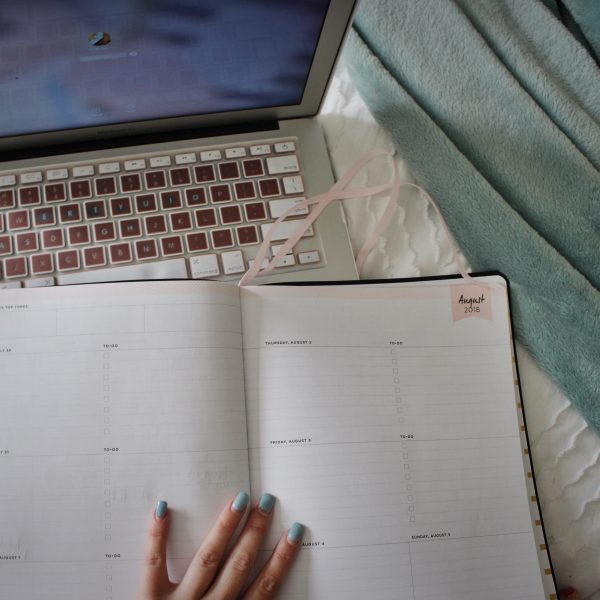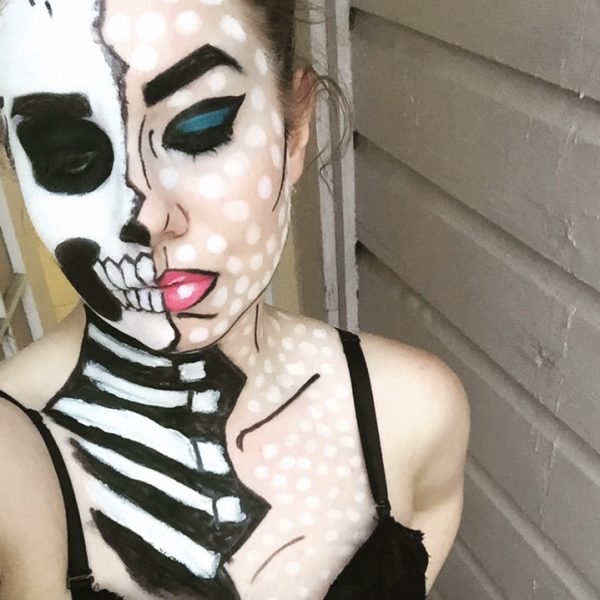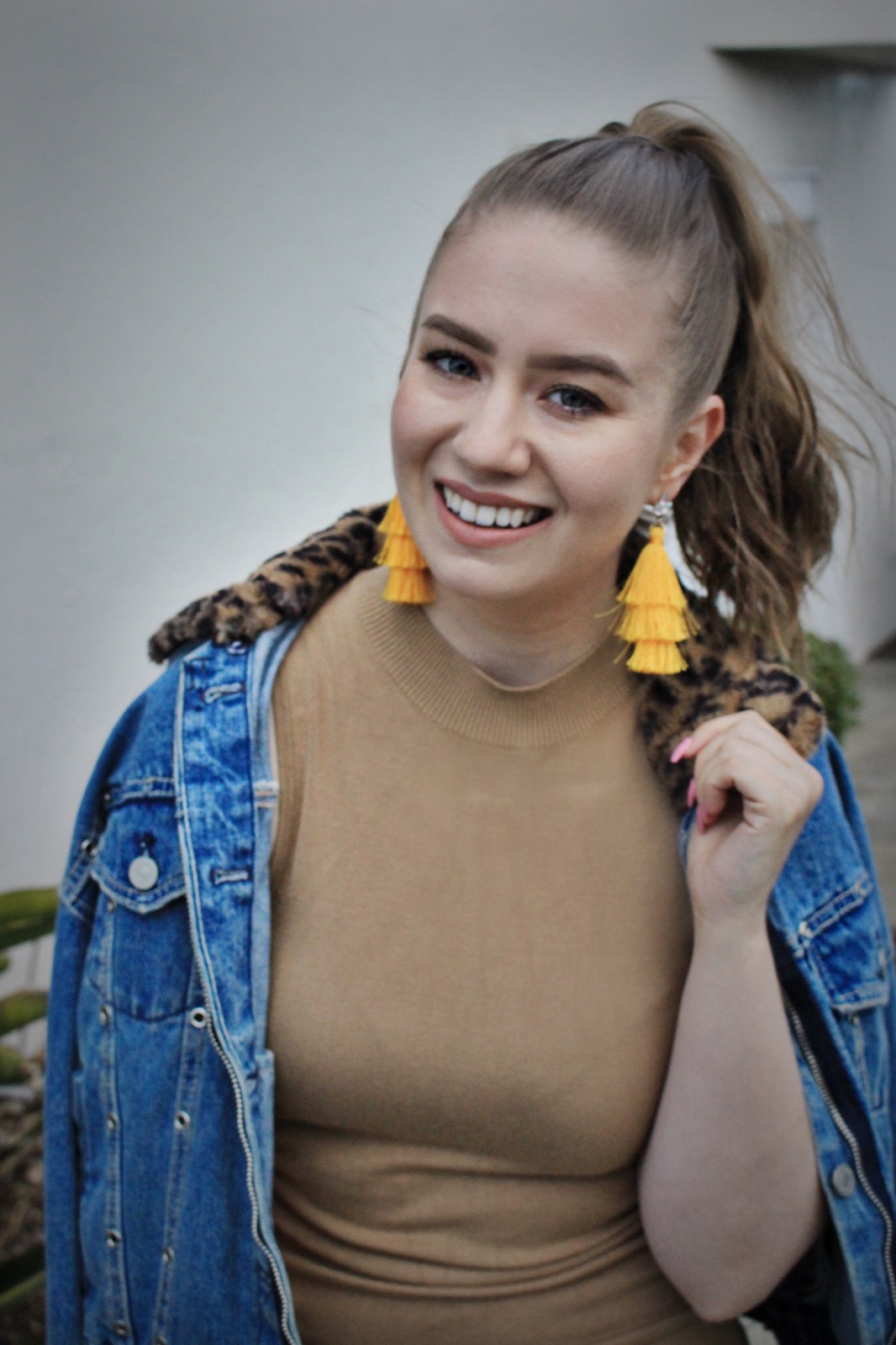I am bad with money. It’s simply just a fact.
Or, I should say, I was bad with money. Now I’m…a work in progress.
This is partially due to a shopping addiction that I had to seriously get under control and also the overwhelming sense of anxiety that the “M” word brings me. Finance is intimidating. For years I was the girl who never checked her bank account and then was shocked to see I had significantly less than I thought I did at the end of the month. Where did it all go? I don’t spend that much, do I?
I would only focus on what was happening right in front of me. How much do I need to pay my phone bill and grab drinks with my friends this week? I’d take a quick glance at my bank account to check the total and move on. Great, I’ll make sure to put that much aside. But when it came to saving, planning ahead for my expenses and just knowing what the eff was going on with my finances I was a mess.
Not only was I completely clueless when it came to my money and where it was going, but I was also someone who made lifestyle choices that cost me so much more than was necessary. I ordered takeout all the time. When I was in college and working at Victoria’s Secret I would always buy food on campus or in the mall instead of bringing snacks with me. I had to have been spending at least $30-$40 dollars on shitty food every day.
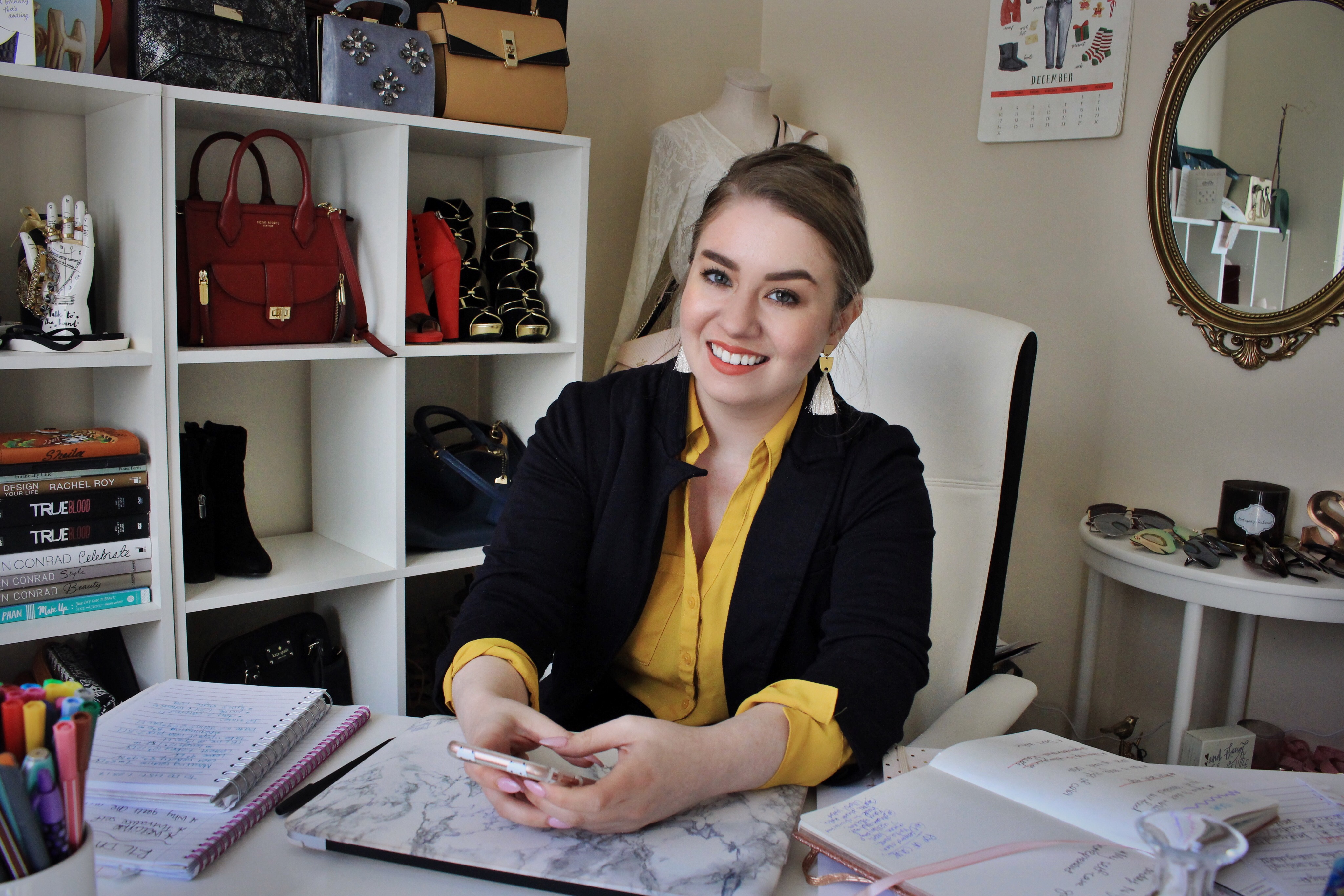
I also would order anything I wanted online (Amazon was my ultimate weakness) and would “pop in” to HM and Express on my lunch breaks and always seem to leave with something. And yes, I love clothes. Clothes are a big part of my writing and this blog and my life. But when it came to my wardrobe I had zero strategies. I would often find myself with super similar, if not identical, items in my closet that I never wore, that ultimately ended up getting donated or given away to friends.
I had no concept of what my monthly expenses looked like and I often reached for my credit cards as a solution. A very typical college girl move, but hey, I’ve never denied being #basic.
In the last year, however, I’ve gotten really tired of being for lack of a better word, stupid. I want to be 100% debt free by the time I’m 30. I would love to have a six-month emergency fund. It would feel amazing to be able to invest strategically and plan for my retirement. I got really sick of being a dumb clueless 20 something who doesn’t know what she’s doing when it comes to money.
So I started trying to educate myself. With books and podcasts (all will be listed at the end of this post!) and I realized that it was actually pretty absurd that I, Sheila Smires, the Organization Queen, wasn’t into budgeting. It involved everything I loved! Planning ahead, spreadsheets, folders! What was wrong with me??
It’s still a learning process and I’m definitely not perfect. But I have to say, it feels really good to know where I’m at financially at any given moment and to feel in control of my future.
So if you can relate and you’re not exactly killing it in the fiscal game and want to learn how to take care of your money then check out my super simple budgeting guide that can help even the most irresponsible of shopaholics, dining outers and travel-without-a-planners.
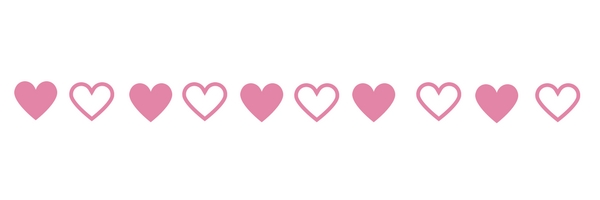
WHERE THE F*CK DOES YOUR MONEY GO??
Alright so this part is kind of a bummer but the first step for me was figuring out my expenses. Both my real expenses (like my bills, gas, food, etc.) and how much I was spending on random shit each month.
I used an app called Mint and linked all of my bank and credit card accounts to it and it gave me a monthly breakdown of what I was spending my money on. This is really cool (and also terrifying) because it automatically categorizes your purchases. So you can how much you’re overspending on ubers and taco bell. It’s a rude awakening but it’s a necessary one.
Start by making a list of the non-negotiable things you have to spend money on each month. This should include all of your bills, student loans, food, and other essentials. Mine typically looks something like this:
Rent-$1500
Phone-$170
Car payment $250
Utilities $63
Groceries $160
Gas $200
Miscellaneous bills: $500
After you know which expenses are your non-negotiables you can move onto listing the expenses that you need but that have some flexibility. Try to be both realistic and disciplined. If you know there’s no way you can limit yourself to only spending $50 a month on household items because you’re a germaphobe and go through 10 Clorox containers in a week then make sure you’re keeping that in mind.
At the same time, if you recognize that yeah, maybe you’re overdoing it when it comes to your face wash collection then maybe scale your beauty items budget back a bit.
Once you have your non-negotiables and your essentials are taken care of you can move onto all of the expenses that do not qualify as necessities. For me, this includes getting my nails done once a month and eating out. Typically this is where you’ll notice you kind of overdo it. I use to take Lyft everywhere and would never opt to do a shared ride. That shit added up so quickly and often times was so unnecessary. Now I take Lyft pretty much only if I know I’ll be out late drinking. Otherwise, I take BART or drive. I went from spending $200-$300 a month on the rideshare service to spending around $50. Thank you budget!
You want to include literally every single thing you spend money on. Every dollar should be accounted for. Add up how much you spend on subscription services like Netflix or Audible. Do you like to pick up a bottle of wine on your way home from work every Friday? Put that in your budget. Do you buy fresh flowers for your home every week? That needs to go in there too. This is where an app like Mint is super useful because it will track all of the little expenses you probably forgot about.
CAN I EVEN AFFORD MY LIFE??
A great question to ask yourself as you kick off the next step, comparing your expenses and the first draft of your budget with your income.
If you have a standard 9-5 with a consistent salary then this should be pretty easy because you obviously know how much you’re taking home every month. If you work on hourly or are a freelancer or have a side hustle then you’ll need to do some calculating.
I would recommend basing your budget off of the lowest amount you can bring in each month. By this I mean, don’t expect to bring in $5K that month when that has only happened once or twice before and you typically bring in closer to $3K. If you look at all of your income streams and you know that at the very least you’ll bring in a certain amount, then that is the amount you want to use for your budget. This way you don’t put yourself in a bad spot if you make less than you had hoped one month and if you do end up earning more then you have more money to save or play with. Woo!
Here’s an example:
If you work part-time as a secretary and you bring home a minimum of $2000 every month from it and you also do freelance graphic design for two consistent clients a month that brings in a minimum of $1500 a month then your monthly budget should be based off of $3500. Even if you know that oftentimes you have additional clients or projects that bring in more.
Once you know what your minimum monthly income is then you can compare it to your expenses. Hopefully, at this point, you’ve already started thinking about scaling back on unnecessary expenses, but if you haven’t this is your moment.
You may realize that you, in fact, can definitely NOT afford the luxe lifestyle you’ve been living. This is where you need to begin making some adjustments. If you realize that you’re spending an additional $500 each month that you do not have (with credit cards or by dipping into savings, yikes) then the next step is to look at your budget and see where you can let some things go.
And this doesn’t mean eliminating expenses completely. It just means cutting back. If you order take out 3 times a week then maybe consider scaling back to once a week and cooking at home more often. There was a time in my life when I would order Thai food several nights a week, and at $30 an order (hey man, I eat a lot) it was becoming a very expensive habit.
If you realize your Amazon addiction has gotten out of control then maybe it’s time to give yourself a very strict budget and to hide your laptop when you’re drinking. It’s the little things that really add up quickly and sneak up on you.
Once you’ve scaled back on the unnecessary items of your budget, you have one more step to complete before you can finalize it.
SAVE FOR WHAT YOU LOVE
And also for what you need. And also for what future you needs. I know saving is hard because as twenty-somethings it’s really easy to think about the now. We’re not as concerned with how our lives will be in the future. Which is dumb. Super dumb.
If you want to be the type of person who goes on the trips you’ve dreamed about and who updates their wardrobe regularly then you should consider saving for it. Or earning way more. Or both!
And if you want to not have an absolute panic attack when your car breaks down then you need to save for unexpected expenses. I’m not going to cover retirement fund stuff in this post because, to be honest, I’m still a little fuzzy on the details myself as I’m still navigating the world of working for yourself, but this is also something you want to keep in mind.
Once you’ve estimated how much your total expenses cost you, see what’s leftover. If nothing is leftover then go back to your budget and see if there is anything else you can cut back on. Even if you’re not making much and can only spare $50 a month for savings at least it’s something.
But if you can afford to save more by just spending less on restaurants/shopping/alcohol then I would seriously recommend it. It’s really nice knowing that if something comes up you can afford it or at least will have an easier time paying for it.
You can get really specific with this if you want and have several different saving funds (one for an upcoming trip, one for a new handbag, etc.) but if you want to keep things simple I would suggest starting with 3. I have three places my savings go each month.
The largest amount goes into my emergency fund. This is reserved for car issues, medical issues and anything that qualifies as an emergency to me. I don’t use it for going out or buying new things. I honestly just try to forget it even exists until I really need it.
Then another amount goes into a “fun items” fund which is for, you guessed it, fun items. This includes clothes, makeup, gadgets and anything else I definitely don’t need but want to buy.
Finally, the third amount goes into a “fun experiences” fund which is for all of the things I want to do. Like travel, go to concerts, museums, etc.
A lot of times I have something specific in mind that’s coming up, like a trip or an event. When this happens, I may realize that I need to save more than I usually do each month to fund it in which case I adjust my budget and temporarily scale back on certain things so I can save more.
You can really customize your savings funds to whatever fits your needs and lifestyle but the one thing I would definitely recommend having is the emergency fund. Right now I’m really focused on saving up at least $20K so I can have a six-month fund that I can dip into to cover my basic expenses if I’m ever taking time off or don’t have as much work coming in. It’s going to take me a bit to get there but it’s going to feel pretty amazing once I do.
IT’S TIME TO GET ORGANIZED
Okay, so you have your budget, great. Now how do you actually stick to it? Here’s how I stay organized and actually use my budget effectively.
First of all, you need a place for all of your money to go. You’re probably thinking “yeah like my bank account, duh” and yes, I do mean that for some of your money. But I’m a big fan of using cash when you can. When you have money just sitting in your account you can’t really see it decreasing with each swipe of your card. But with cash, you have a physical reminder that yeah, you have less money now. Obviously, you can’t use cash for everything but I would recommend using it when you can.
There’s an envelope method that a lot of people use where you literally separate your cash into envelopes and label them. So you have a coffee shop envelope, a pedicure envelope, a grocery money envelope, etc.
This can be super effective because if you keep your envelopes in a safe, secure and hidden place (duh) then you kind of forget that you even have that money. And when you need it, it’s there and if your envelope is empty you know that it’s an expense that’s just simply not in your budget that month.
Some online banking options allow you to create online folders so you could do something similar digitally but I still would do it with cash. You’re just more likely to be intentional about your purchases that way.
You should also be checking in with your budget every week. I do a weekly check-in on Sunday mornings where I review what I’ve spent and if I have overspent in any areas I adjust my budget. So if I had too many mimosas at brunch that weekend then I lower my “dining out” budget for the next week to compensate. This is also when I organize my money into the different folders, pay bills that are due that week and move money into my savings accounts. If you get paid bi-weekly or monthly I would still do a weekly check-in so you can make sure you’re on track. It doesn’t have to take you more than 10-15 minutes.
I also have a more in-depth monthly budgeting session towards the end of the month to plan for the following month. This is when I see what kind of events I have going on so I can start planning ahead. Obviously, I’ll be putting money aside in December for Christmas gifts and every August I visit one of my besties for her birthday so I plan for that too. Each month is different so I have a portion of my budget dedicated to “miscellaneous monthly expenses” so I can buy friend’s birthday gifts or take my parent’s out for their anniversary guilt free.
I use Mint to track my purchases but I also have a note in my phone where I track any overages. So if I know that I’m definitely overspending at Zara then I’ll make a note of it so I can make adjustments during my next money check in.
Staying on top of your budget essentially involves frequent check-ins and a lot of “do I really need this” moments with yourself every month.
EMBRACE THE BUDGET
Let’s be real, limiting yourself in any part of life isn’t that fun. So a lot of us can feel really apprehensive when it comes to creating and stick to a budget.
It doesn’t exactly feel good to tell your friends a last minute weekend trip to LA isn’t in your budget. It’s not that much fun saying no to new shoes so you can put more money into your emergency fund. BUT I’ll tell you what, it is 1000 times more enjoyable than being broke af all the time. Especially when you know that it’s not due to a lack of funds, but to your own irresponsibility.
I would way rather tell my friends I’m skipping going out for drinks a few times a month then not be able to pay my bills or put gas in my car. Budgeting allows you to have money to fund the things you need in life as well as the things you want. It’s like eating healthy. You need fruits and veggies and protein but you also deserve a doughnut here and there. It’s about balance. And it feels really good to know you have enough for everything you need.
Don’t be ashamed to budget. Love your budget because it’s making your life easier and less stressful. Your budget it truly your BFF.
OTHER MONEY SAVING TIPS I USE DAILY
- I plan my meals out each week before I go grocery shopping so I can make sure I’m purchasing ingredients for actual meals and not just a bunch of random shit. I also double check my fridge and cabinets before to see what I have so I don’t purchase unnecessary items. And I eat first, always.
- I set a daily reminder in my phone that tells me to “review spending” so I can make sure I’m being intentional about where my money is going that day and I remember to note any overages.
- When I plan my week out in my planner I note how much money I think I’ll spend that day and then I put that in my google calendar so I don’t overspend. So for example, if I know I’m grabbing drinks on Friday and will probably need to refill my gas tank I’ll budget $70 for that day.
- I always check websites like Retail Me Not for coupons if I’m making an online purchase. There’s no shame in saving!
MY FAVORITE MONEY EDUCATION RESOURCES
- Mint App
- “Rich Bitch”-Nicole Lapin
- “You Are A Badass At Making Money” -Jen Sincero
- “Her Money Matters” Podcast

What’s the hardest part about sticking to a budget for you? Tell me in the comments below!
Xo, She

